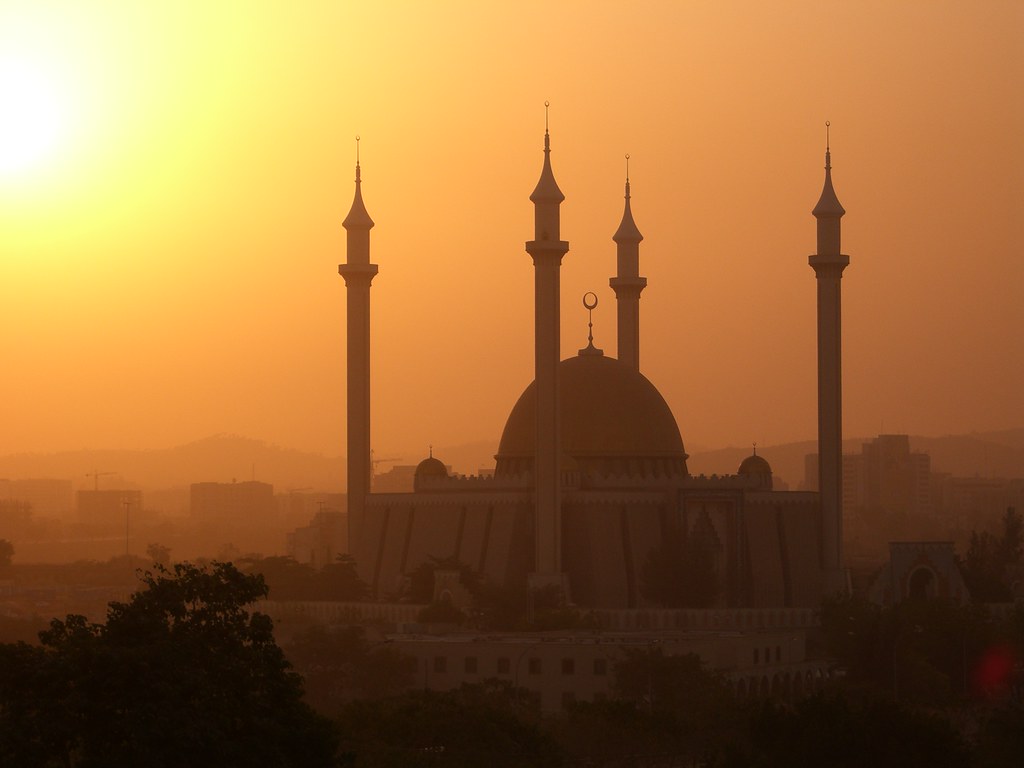
The US published a new National Security Strategy recently which sets the overall agenda and timbre of our foreign policy (http://www.whitehouse.gov/nsc/nss/2006/). As one article states, "the national security strategy is very crucial and it shapes the future characteristics of US relations with other players of the international community."
There are numerous summaries online that report interesting elements of the new document (first time it has been updated since 2002, prior to the Iraq invasion. You can get multiple perspectives by searching on "national security strategy" in google news (or your favorite). Most of the online news is about Iran as the document singles that country out as the single biggest current danger (page 20).
I thought I'd summarize the elements in the document that address Latin America, minimal though it is.
Section II, "Champion Aspirations for Human Dignity", Latin America gets a nod as "Democracy has made further advances in Africa, Latin America, and Asia, with peaceful transfers of power; growth in independent judiciaries and the rule of law; improved election practices; and expanding political and economic rights."
The next mention comes in Section IV, "Work with Others to Defuse Regional Conflicts." Page 15 has several bullet points:
• In Colombia, a democratic ally is fighting the persistent assaults of Marxist terrorists
and drug-traffickers.
• In Venezuela, a demagogue awash in oil money is undermining democracy and
seeking to destabilize the region.
• In Cuba, an anti-American dictator continues to oppress his people and seeks to
subvert freedom in the region.
I like the reference to Hugo as a demagaogue (wikipedia has a definition as "one who preaches doctrines he knows to be untrue to men he knows to be idiots."). A bit of an insult thrown at the president there.
Next, we see some discussion in Section V, "Ignite a New Era of Global Economic Growth through Free Markets and Free Trade", regarding bilateral trade agreements (page 25):
• Partnered with Congress to pass the Central America Free Trade Agreement – Dominican Republic (CAFTA-DR), long sought by the leaders of El Salvador, Honduras, Guatemala, Nicaragua, Costa Rica, and Dominican Republic;
and again in the same section on 'The Way Ahead' (page 28):
• In our own hemisphere, we will advance the vision of a free trade area of the Americas by building on North American Free Trade Agreement, CAFTA-DR, and the FTA with Chile. We will complete and bring into force FTAs with Colombia, Peru, Ecuador, and Panama.
In section VII, "Expand the Circle of Development by Opening Societies and Building the Infrastructure of Democracy", Chile gets a little nod on page 34:
"Our assistance efforts will also highlight and build on the lessons learned from successful examples of wise development and economic policy choices, such as the ROK, Taiwan, Ireland, Poland, Slovakia, Chile, and Botswana. "
Section VIII, "Develop Agendas for Cooperative Action with the Other Main Centers of Global Power" has a sub-section on our hemisphere (page 37):
These principles guide our relations within our own Hemisphere, the frontline of defense
of American national security. Our goal remains a hemisphere fully democratic, bound
together by good will, security cooperation, and the opportunity for all our citizens to
prosper. Tyrants and those who would follow them belong to a different era and must not
be allowed to reverse the progress of the last two decades. Countries in the Hemisphere
must be helped to the path of sustained political and economic development. The
deceptive appeal of anti-free market populism must not be allowed to erode political
freedoms and trap the Hemisphere’s poorest in cycles of poverty. If America’s nearest
neighbors are not secure and stable, then Americans will be less secure.
Our strategy for the Hemisphere begins with deepening key relationships with Canada
and Mexico, a foundation of shared values and cooperative policies that can be extended
throughout the region. We must continue to work with our neighbors in the Hemisphere
to reduce illegal immigration and promote expanded economic opportunity for
marginalized populations. We must also solidify strategic relationships with regional
leaders in Central and South America and the Caribbean who are deepening their
commitment to democratic values. And we must continue to work with regional partners
to make multilateral institutions like the OAS and the Inter-American Development Bank
more effective and better able to foster concerted action to address threats that may arise
to the region’s stability, security, prosperity, or democratic progress. Together, these
partnerships can advance our four strategic priorities for the region: bolstering security,
strengthening democratic institutions, promoting prosperity, and investing in people.
Note the mention that the "deceptive appeal of anti-free market populism must not be allowed to erode political freedoms" again might be pointing at our friends Hugo and Castro in particular, but I'm sure brings up the specter of others in the region that may be heading in that direction.
The final Latin America point comes in section X, "Engage the Opportunities and Confront the Challenges of Globalization" where we talk about narcs:
"To combat the cultivation and trafficking of narcotics, the Administration devotes over
$1 billion annually to comprehensive counternarcotics efforts, working with
governments, particularly in Latin America and Asia, to eradicate crops, destroy
production facilities, interdict shipments, and support developing alternative livelihoods."
My take is the order of priorities is something like:
1) Middle East (with Iran now taking the top spot in the top category)
2) Asia - Pacific
3) Europe, Mexico, Canada
4) Central & South America
5) Africa
Kipp



No comments:
Post a Comment